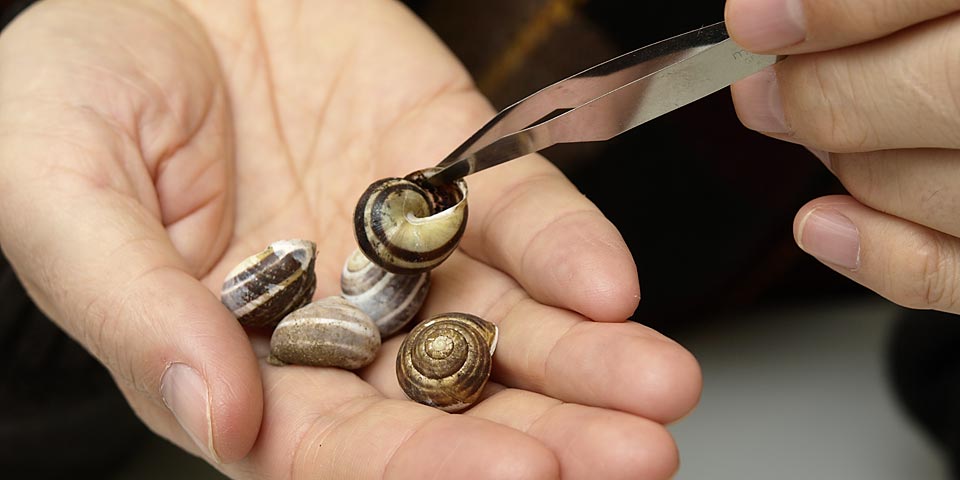Animal Biology Abschluss: Master
Within the Basel life science program, the Department of Environmental Sciences and its associates offer a comprehensive Master course for graduates with a background in biology. The course builds upon the local strength in Zoology and Evolutionary Biology in general and in evolutionary genetics and genomics, population biology, developmental biology and evolutionary ecology in particular.

Im Überblick
- Art
- Studiengang
- Abschluss
- Master
- Studienstart
- Herbst-, Frühjahrsemester
- Struktur
- 1 Studiengang & Wahlbereich
- Regelstudienzeit
- 3 Semester
- Credits
- 90
- Sprache
- Englisch
- Zuständige Fakultät
- Philosophisch-Naturwissenschaftliche Fakultät
Zugangsvoraussetzung
Admission information:
https://www.unibas.ch/zulassung
Termine und Fristen
Focal area of teaching and research
Some key aspects of the Master in Animal Biology are:
- We offer a broad spectrum of course modules from which preferred topics can be chosen.
- We offer attractive workshops and field courses in Switzerland and abroad.
- We employ modern laboratory methods, including genomic techniques.
- In our field work, we integrate population biology across scales.
- Our teaching focuses on interactive courses that lead to independent thinking and the development of conceptual strength in topics ranging from molecular evolution, evolutionary developmental biology to population biology and metapopulation ecology.
- Master students will do a guided, yet independent research project within any of the groups associated with the master program. Current research topics include the evolution of host-parasite interactions, epidemiology, speciation, adaptive radiation, sexual selection, evolution of hermaphrodism and mating systems, evolutionary developmental biology, evolutionary genomics and the evolution of the immune system.
- The master thesis will be written in English. Most theses will lead to publication in international peer-reviewed journals.
Related Links and Downloads
Research Findings and Scientific Developments
Are you interested in current scientific developments and research findings in this field? On the research websites, you will find numerous publications by researchers from the University of Basel. This resource offers valuable insights and helps you get to know a subject area better–both as an orientation aid and as an accompanying source of information during your studies.
Discover publications and research areas now:
Department of Environmental Sciences
UNIverse Research Portal of the UNIversity of Basel (unibas.ch)
https://duw.unibas.ch/




